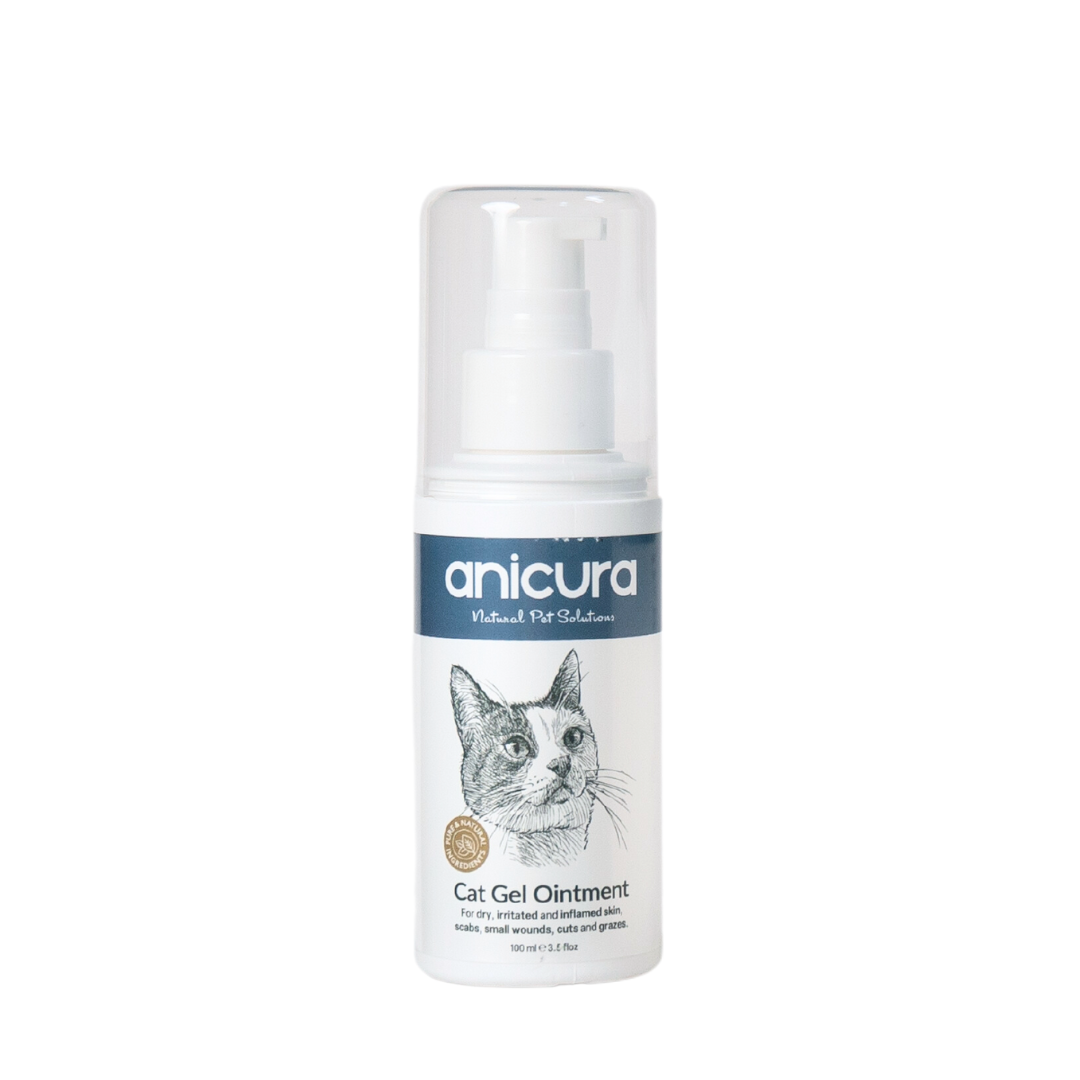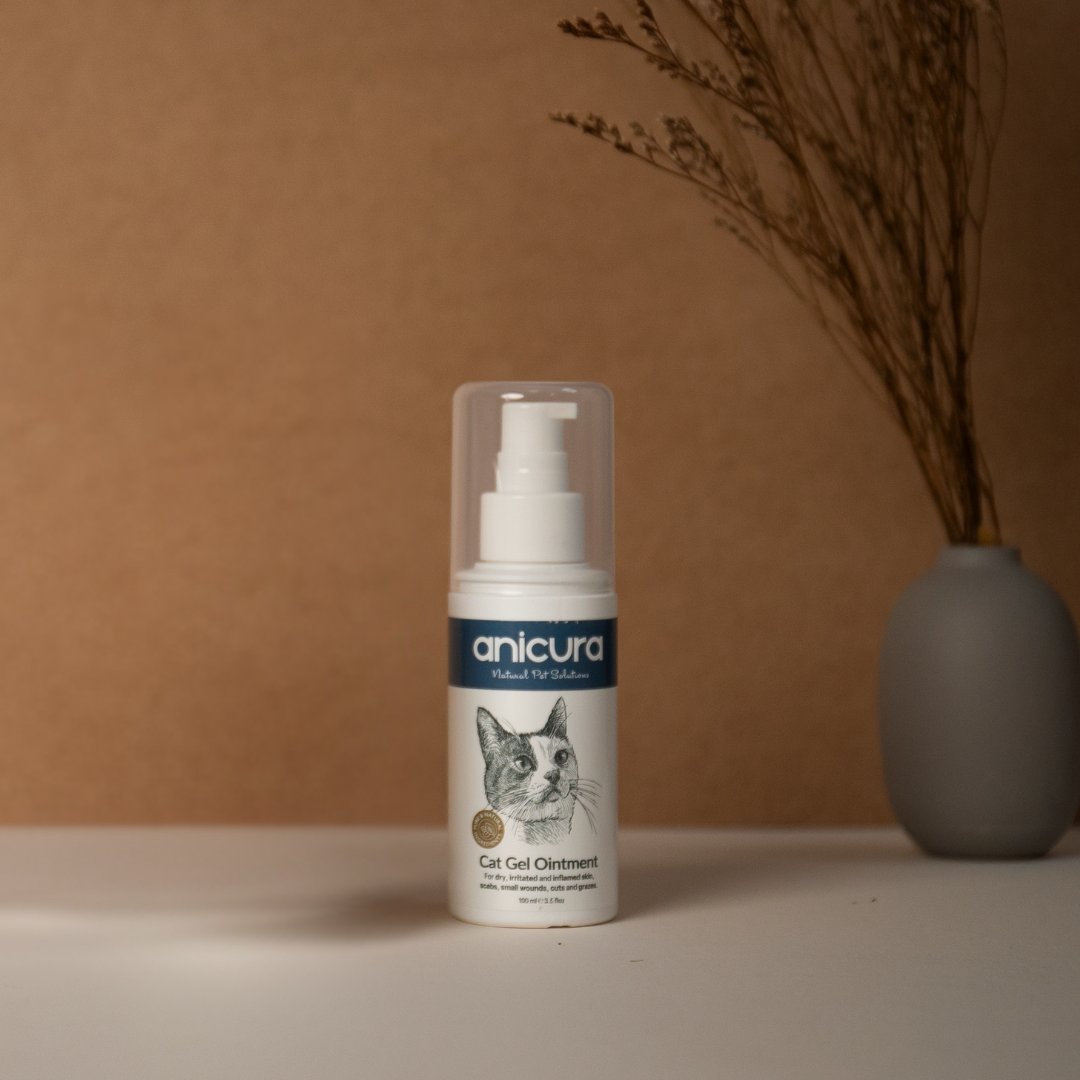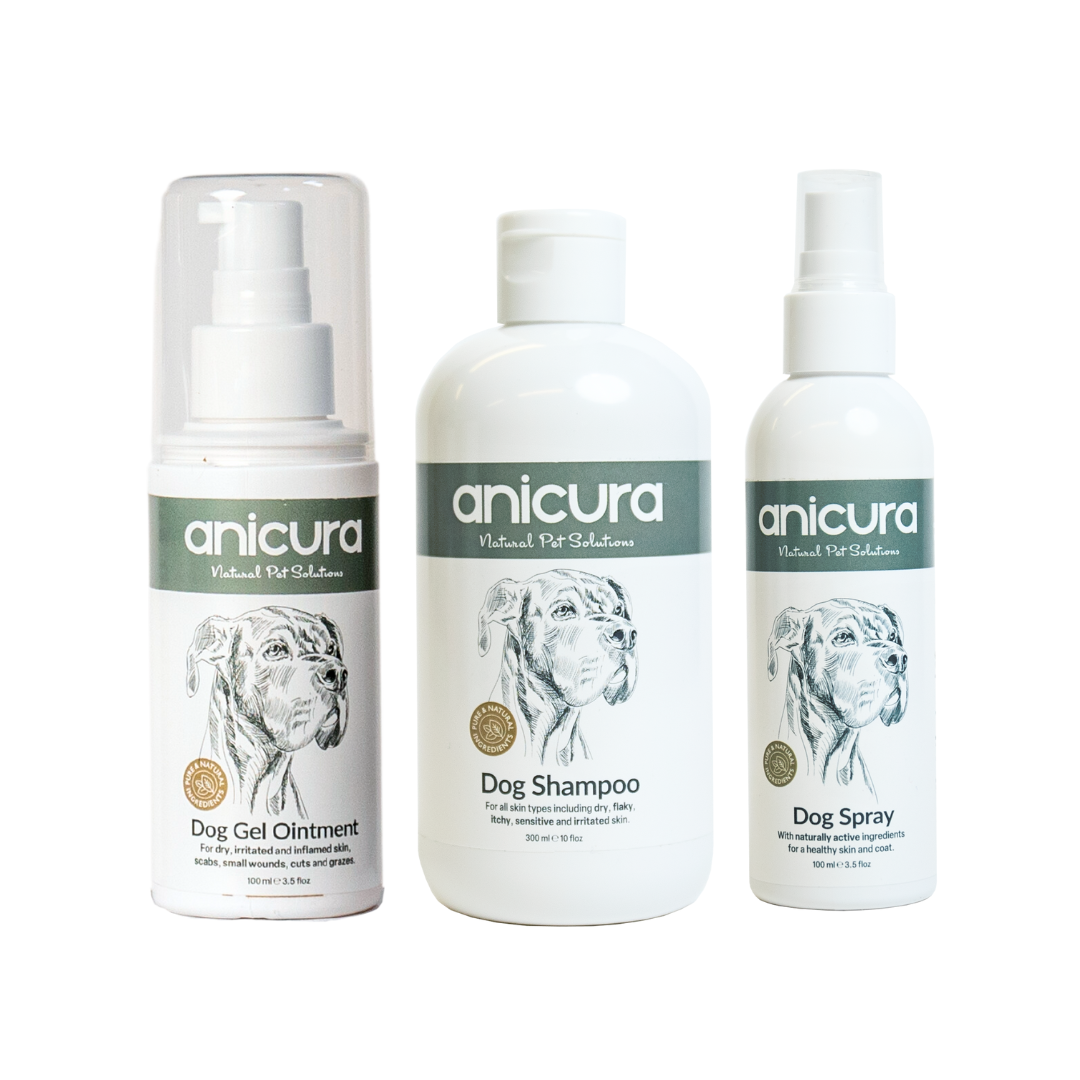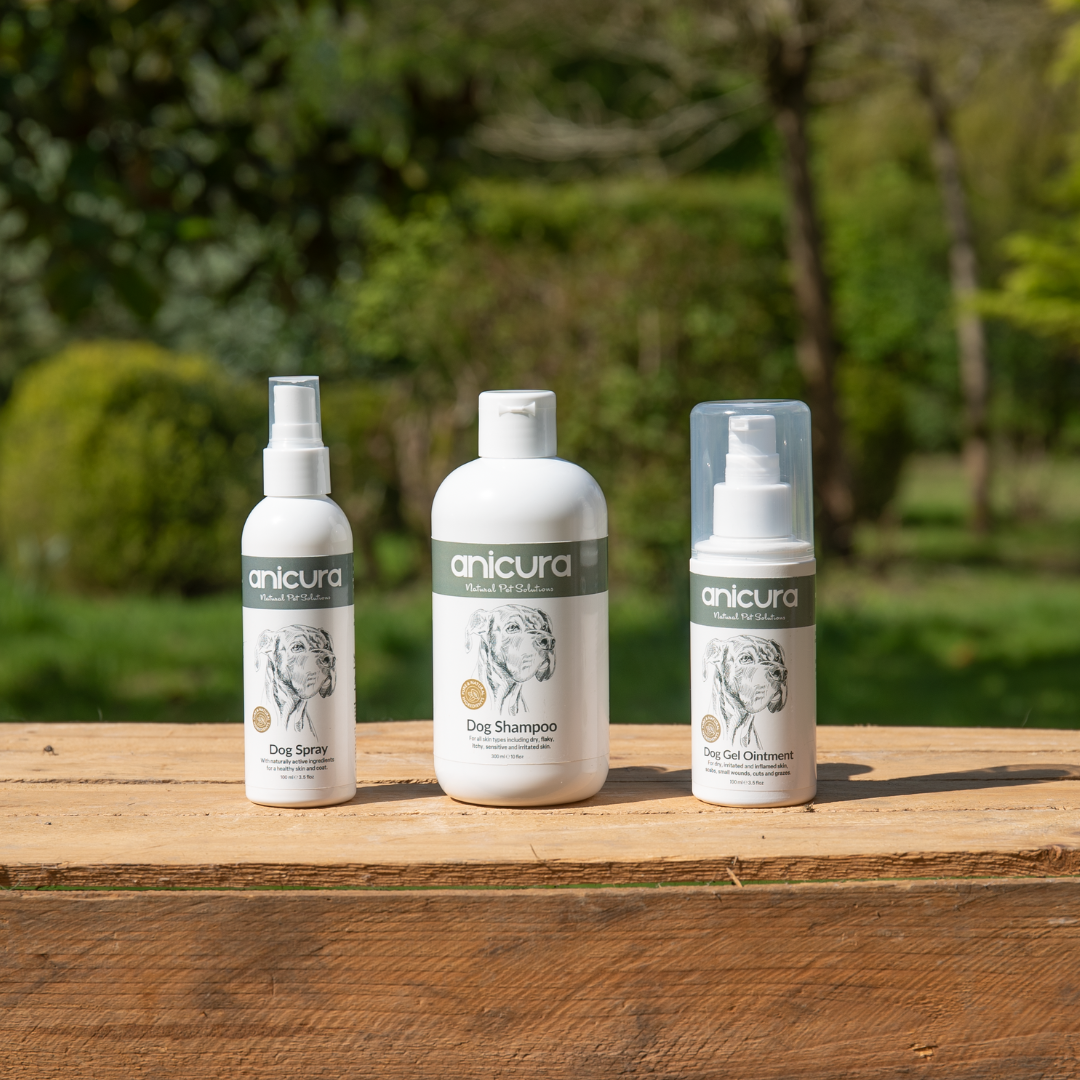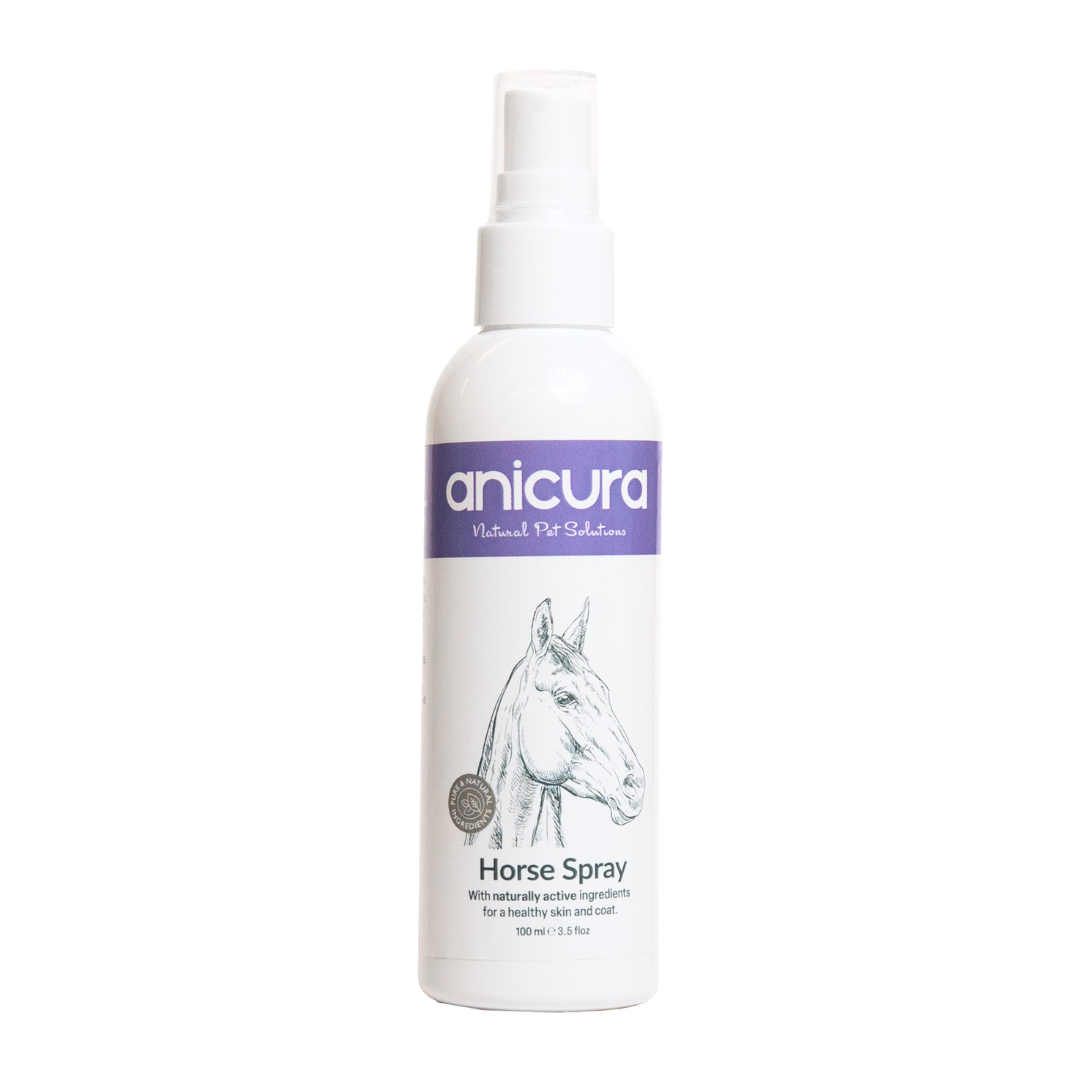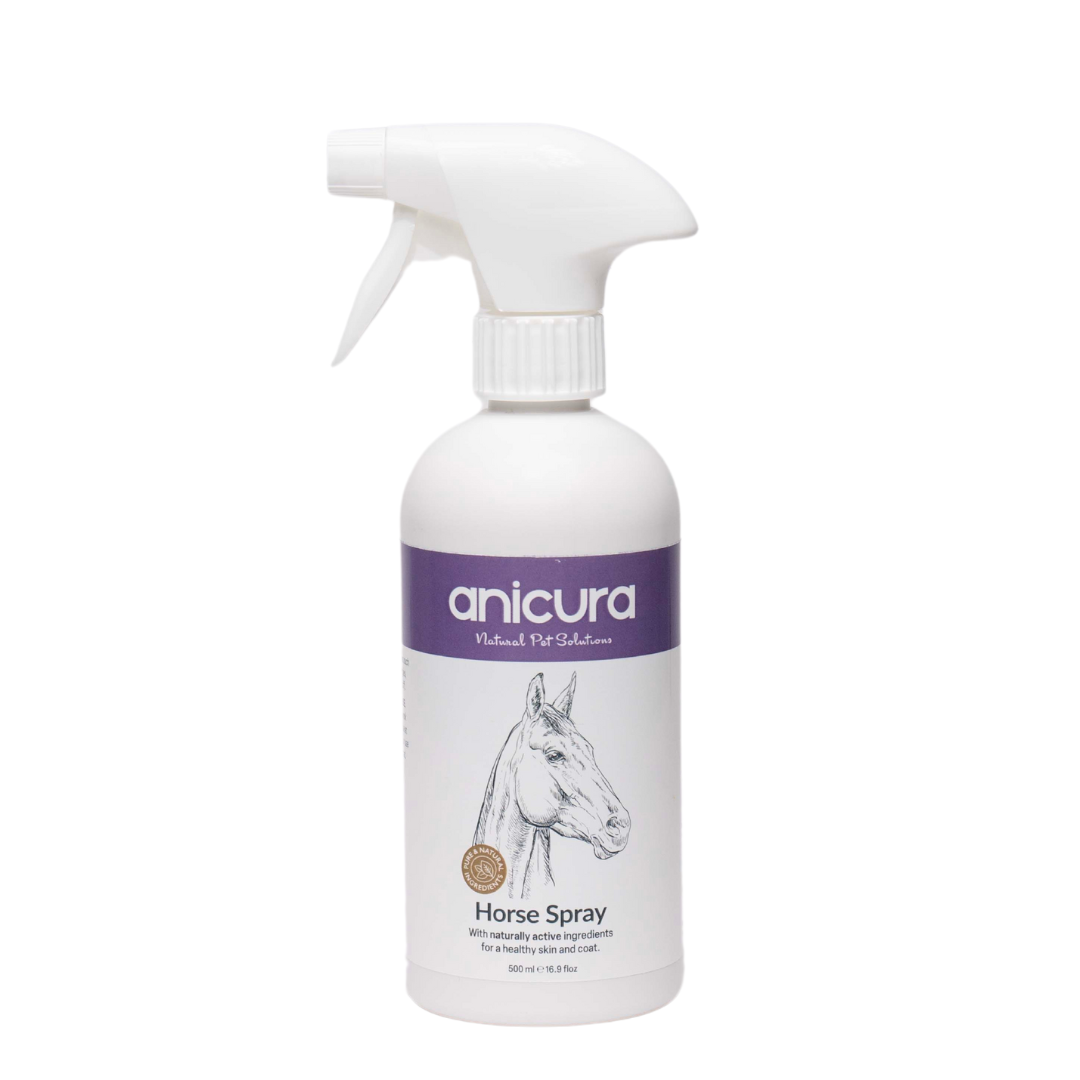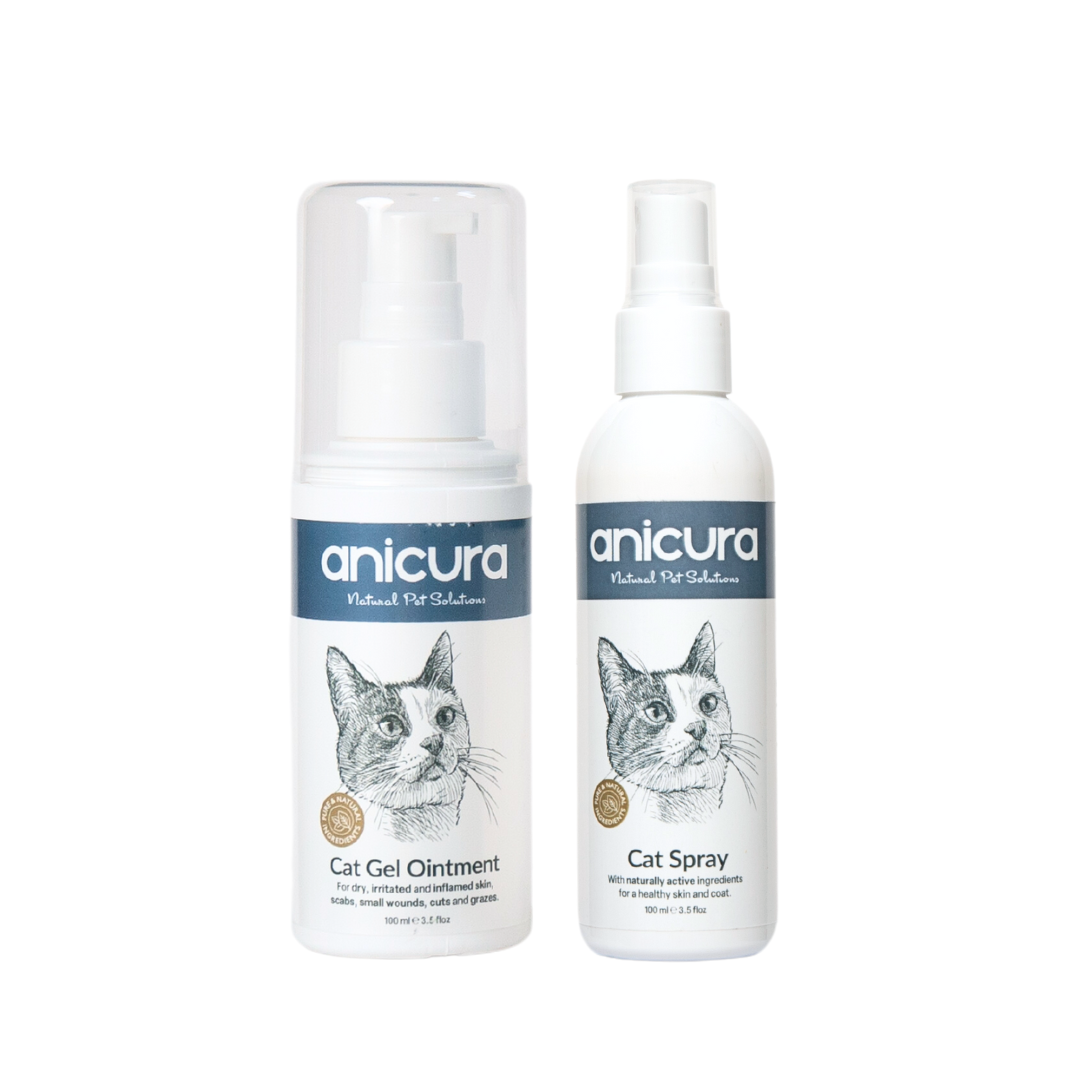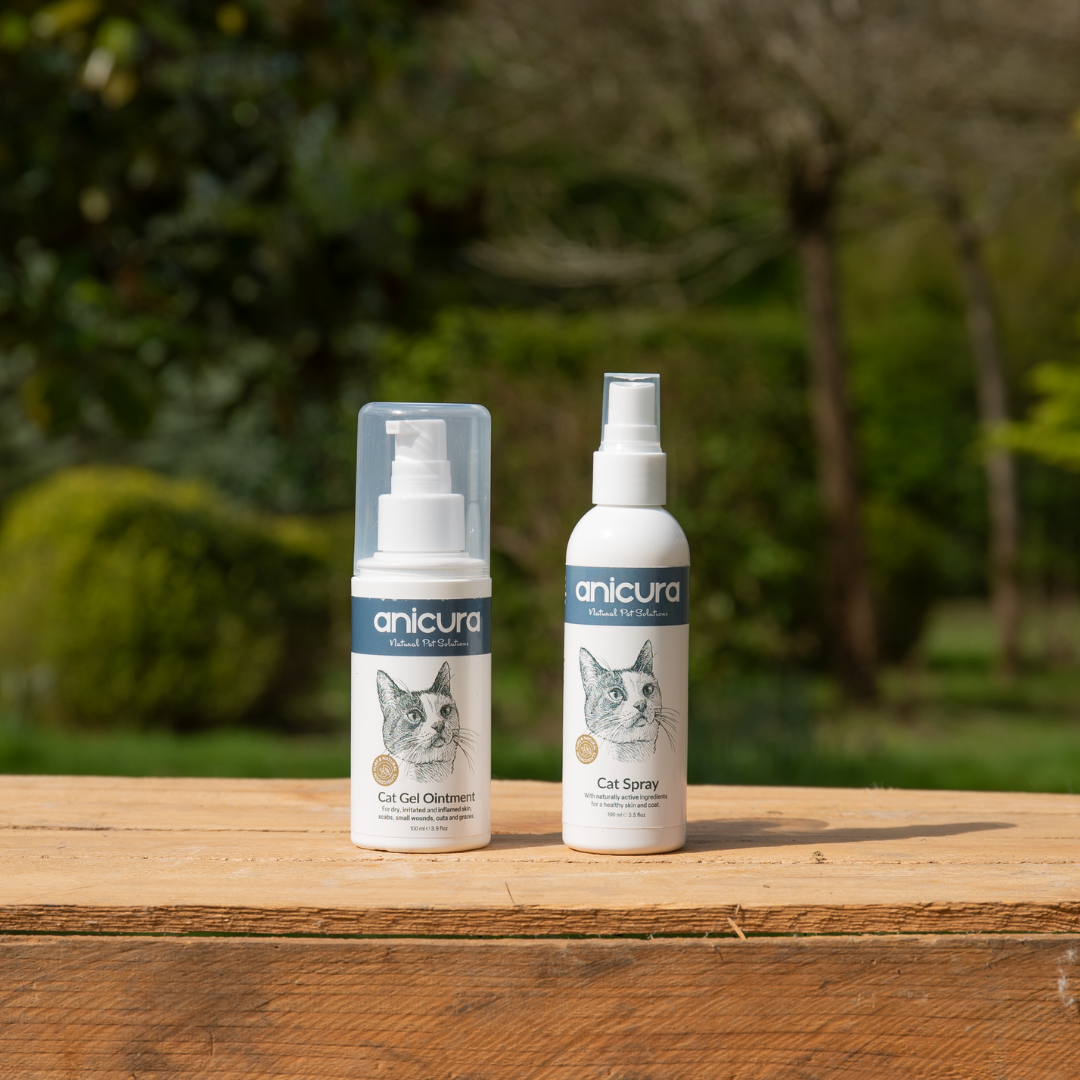What’s that in the sky? Is it….the sun? (well occasionally). Is that blossom on the trees? ‘Hooray!’ I hear you non-allergy suffering humans and animals cry, spring is here!
But for the rest of us, although it’s pretty to look at, spring sparks the beginning of a few months of discomfort in the form of sneezing, sore eyes and itching. Oh, the itching. And it’s generally the latter that our beloved pets suffer with.
But why?
Well, as new flowers open and plants come to life, they release tiny pollen particles into the air. It’s impossible not to breathe them in, or to get them on the skin and if the immune system detects them as a threat, it releases antibodies to attack the invader. This produces a chemical known as histamine, which causes the traditional allergy symptoms.
What to look for?
Dogs are quite good at showing us the signs that something is wrong, but cats can be masters of disguise, so try to look out for the following:
- Excessive rubbing or licking at an area
- Red, inflamed skin
- Chewing at the paws
- Hair loss
- Ear infections
- Rarely, respiratory problems
So how can you help?
Easy, just don’t let your pets out and keep all doors and windows closed.
OK, not really. But there are some practical steps you can take to keep irritation to a minimum.
- Wipe your dog or cat’s coat and paws with a damp towel to remove pollen and dander throughout the day.
- Bathe your pet in Anicura Dog or Cat Shampoo; containing only natural and naturally derived ingredients. This unique product gently supports sensitive skin and nourishes the coat at the same time. The mild shampoo is especially suitable for dogs and cats that suffer from sensitive, dry and itchy skin or flaky and chapped skin.
- Feed your pet a nutritious diet; the majority of the immune system is in the gut, so it’s imperative to keep it as healthy as possible. Avoid high sugar diets and known allergens. If feeding a ready-made food, get to know the ingredients on the packet.
- Omega 3 fatty acids can lower inflammatory responses. Always consult your vet before adding any supplements to your pet’s regime.
- Wash bedding regularly in a non-perfumed, gentle detergent.
- Vacuum and clean floors regularly.
If the itching & redness have started:
- Cool the area with a damp cloth to help calm any heat and discomfort.
- Apply Anicura Dog or Cat Spray to the affected area at least 3 times per day. The Spray has an instant soothing effect on the skin.
- Apply Anicura Dog or Cat Gel to any broken areas of skin. The Gel forms a soft layer over the skin to provide deep nourishment.
If you think your dog is experiencing a severe allergic reaction to something, including springtime allergens, seek advice from your vet.
Hopefully, the above information will help you and your pets to enjoy this beautiful season to its fullest!





